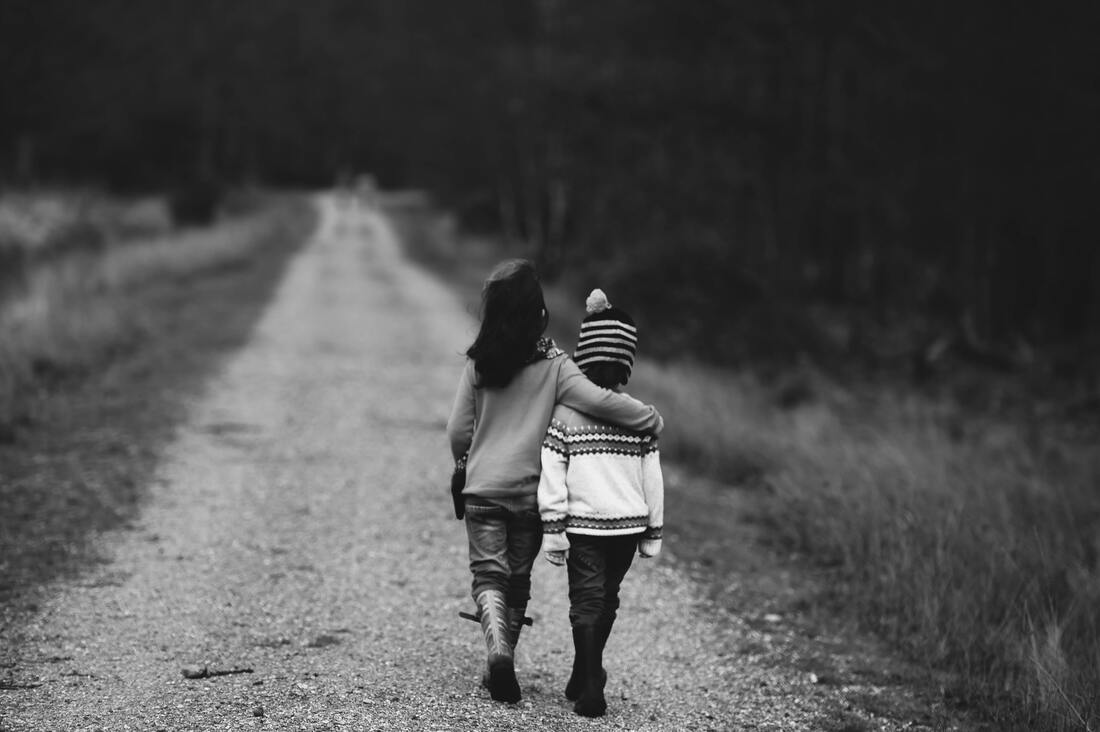|
Humans are creatures of habit. Most of us like things to be orderly, familiar and to “make sense.” We get used to our routines, they can provide comfort and give a sense of control. What happens when a crisis occurs, and life doesn’t make sense, and everyone around us, including the media, begins speculating on grim outcomes? What if there are no immediate answers and we are faced with many unknowns, trying to cope with a new normal, even if for only a short period of time?
One of the most effective ways for overcoming overwhelm and frightening feelings of insecurity and loss of control is to settle into the space of unknowing with a gentle acceptance. Get to know it, honor it, accept it. Settle in to a mindfulness practice that keeps you grounded in the present moment, not worrying about what might happen in the future, because none of us truly knows the future. When we awaken to a greater force, one that forgoes our external experiences and relies on the resiliency and strength of who we truly are at our core, we can find compassion, faith, love and hopefulness. Where to begin?
I hope you will share this article with those you love and care about who may be struggling. To find more articles on meditation, mindfulness, self-empowerment and building resiliency in difficult times, visit www.PeaceandPear.com . May each of us work towards spreading more peace, love and calm. Stay well. Peace, love and pear! Christine Porter
0 Comments
Leave a Reply. |
Let's get social!

 RSS Feed
RSS Feed
